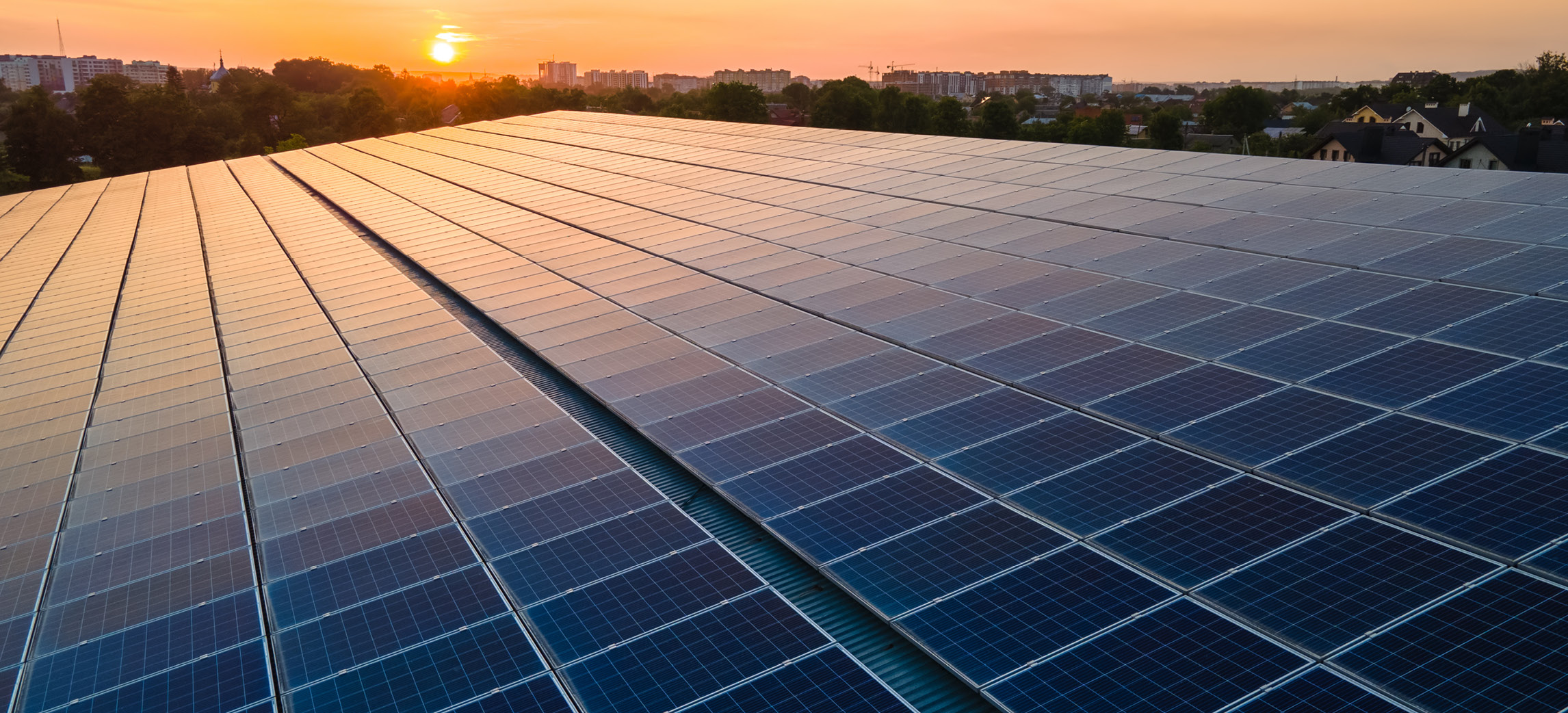
How renewable energy gives your business a competitive advantage
With increasing electricity prices, many small and medium-size companies have come to dread opening that power bill. There are, however, solutions to both minimise cost and provide your business with a competitive advantage.
Last year, 24% of Australia’s total electricity generated was from renewable energy sources, including solar, wind and hydro.
The Australian Government has a Renewable Energy Target set for 2030. The scheme incentivises households, businesses and the community to install eligible small-scale systems, including rooftop solar panels, solar water heaters and small-scale wind or hydro systems. While the scheme runs until 2030, the level of subsidy reduces each year between now and the end of the scheme. This means the earlier you act, the greater your return on investment.
In addition to government subsidies, there are tailored asset finance options available from your lender and the Clean Energy Finance Corporation (CEFC). So, if you’re looking to make important business decisions around sustainability, there has never been a better time to do so
Cost savings
To get the maximum benefit from a solar system, you want to be offsetting your peak power usage. If you consume most of your electricity during typical business hours when the sun is shining – solar is for you!
Solar does have an upfront cost; the typical payback period is approximately three to seven years. However, the solar panels have a design life of 20 to 25 years, so you reap the cost savings for years to come. In addition, battery storage is becoming more affordable. Batteries have the advantage of providing a small amount of backup power if the power does go out, or can be used to offset some of your after-hours electricity consumption.
There are also many online solar calculators which allow you to input your average power bill cost to determine how much you can save.
Environmental Sustainability
There is an increasing demand for businesses, from both clients and consumers, to demonstrate a reduction of carbon emissions. For small and medium companies, electricity consumption accounts for the majority of your carbon footprint. By installing renewable power (such as solar), it provides a significant reduction in your company’s environmental footprint. You can then utilise this as part of your business marketing to demonstrate how your business is taking proactive steps to lower its environmental impact.
If you don’t have ample roof space, there are still alternatives available to you. For example, you can purchase green power through your various electricity suppliers. If you are in a leased facility and your landlord isn’t keen on installing solar, this is also an option for you. While you may not reduce your power bills, you can still benefit from being able to market your use of ‘green’ power while minimising your impact on the environment.
On behalf of the Australian Government, the CEFC invests in technologies and projects that reduce emissions and deliver the benefits of clean energy to more energy users. The CEFC works with a range of financial institutions to extend its finance across Australia to small-scale clean energy projects such as rooftop solar, electric vehicles, farm equipment, battery storage and other eligible technologies.
To find out how BOQ Finance can help your business become more sustainable, talk to one of our dedicated finance specialists today on boqefcustomerservice@boqfinance.com.au
Finance provided by BOQ Equipment Finance Limited ABN 78 008 492 582 (BOQEF). BOQEF is a wholly owned subsidiary of Bank of Queensland Limited ABN 32 009 656 740 (BOQ). BOQ does not guarantee or otherwise support the obligations or performance of BOQEF or the products it offers. This blog post is for general information purposes only and is not intended as financial, taxation or professional advice. It has not been prepared with reference to the financial circumstances of any particular person or business and should not be relied on as such. You should seek your own independent financial, legal and taxation advice before making any decision about any action in relation to the material in this article.

